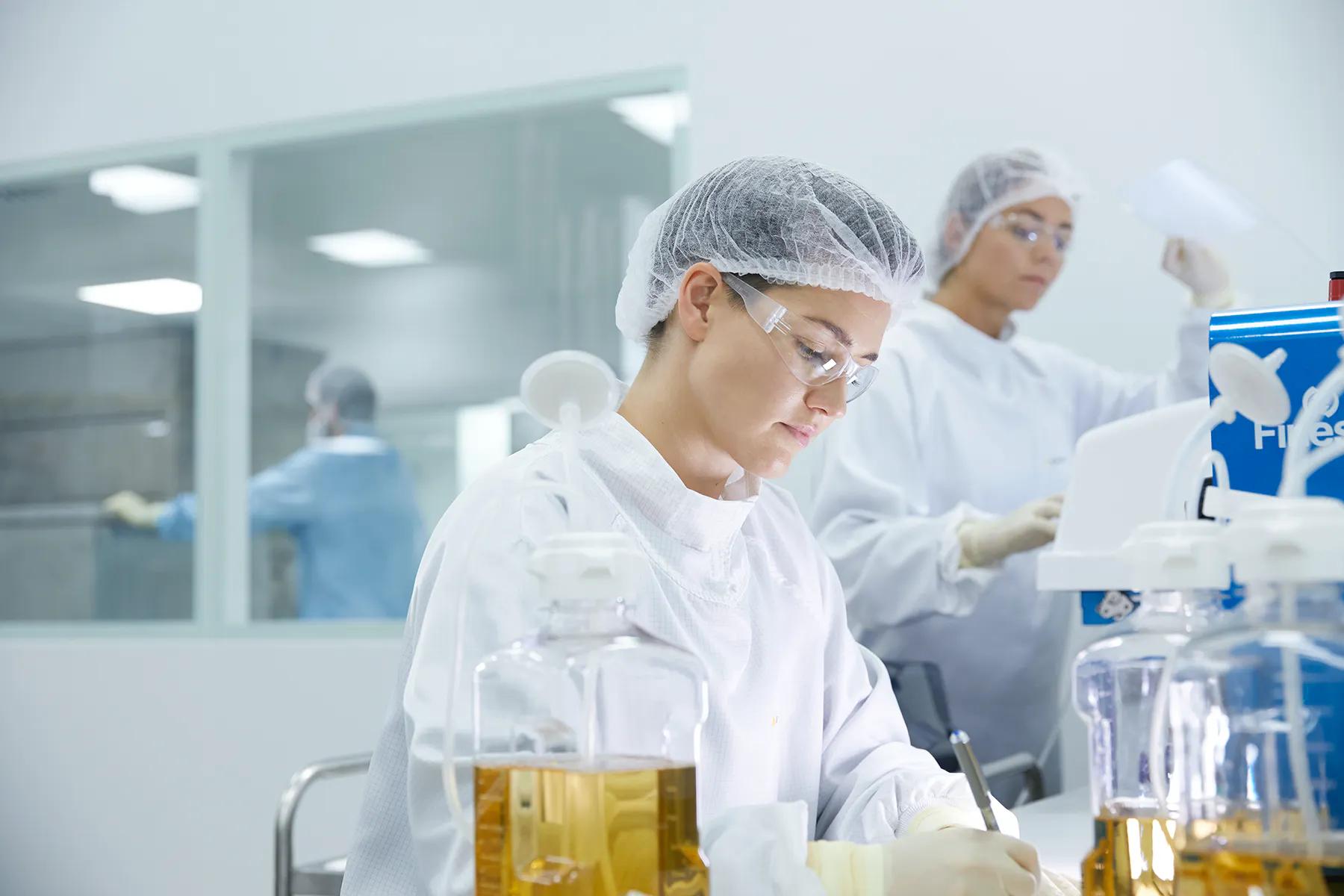- Bone Health
- Immunology
- Hematology
- Respiratory
- Dermatology
- Diabetes
- Gastroenterology
- Neurology
- Oncology
- Ophthalmology
- Rare Disease
- Rheumatology
AbbVie Accuses Alvotech of Trade Secret Piracy
The company claims in a suit that a former employee transferred high-concentration adalimumab trade secrets to his laptop and took those to a new job with Alvotech.
AbbVie, maker of the blockbuster originator product Humira (adalimumab), has filed suit against biosimilar developer Alvotech of Iceland for unlawful receipt of trade secrets related to production of its very successful high-concentration (HC) formulation of adalimumab. In Europe, the HC formulation has achieved an estimated 60% share of the adalimumab market while in the United States it’s roughly 70%.
AbbVie alleges a former employee, Rongzan Ho, stole proprietary adalimumab manufacturing information from his offices at AbbVie in 2018 and took that information with him to Alvotech, where he was allegedly employed on development of the adalimumab HC biosimilar AVT02, for which Alvotech is now attempting to gain regulatory approval in both the United States and Europe.
The AbbVie suit was filed March 19, 2021, in the US District Court for the Northern District of Illinois. In response to a request for comment made by The Center for Biosimilars®, Alvotech said it "strongly disputes AbbVie's allegations of wrongdoing relating to AVT02" and would "vigorously defend" itself.
“Alvotech took a shortcut,” the suit claims. “Instead of investing the necessary time and resources to independently develop the manufacturing process for its biosimilar, Alvotech embarked on an unlawful plot to surreptitiously take AbbVie’s confidential and proprietary trade secrets related to the confidential large scale manufacturing process for Humira in order to develop and manufacture its copycat product.”
Three Attempts to Send
AbbVie claims Ro tried 3 times to transfer the trade secrets to his private email account but was blocked twice by a security program. On the third try, Ro managed to fool the system into unblocking his transmission. AbbVie says Ho was a team leader of upstream manufacturing at AbbVie and left the company in February 2018.
The company says Ro claimed on his exit forms that he was going to Alvotech “mainly to learn single-use bioreactors and other new technologies.” In fact, AbbVie says, Ro took the disputed information with him to Alvotech in order “to develop and implement the manufacturing of” AVT02 in competition with the concentrated adalimumab formulation that AbbVie has successfully used to retain and grow market share in the face of growing international competition.
In response to the suit, Alvotech noted that AbbVie waited over 3 years from the date of alleged trade secret theft before filing suit and didn't name Ro as a defendant. "This lack of urgency causes Alvotech to question the motivation behind the case. Indeed, Alvotech believes that the case may be part of a larger AbbVie strategy to delay an emerging competitor from providing patients with a lower-cost alternative to AbbVie's Humira high-concentration product," Alvotech said.
Humira formulations garnered $19.7 billion in global 2020 revenues, and all of the competition currently is in lower-concentration adalimumab, which is increasingly less preferred by patients and providers. The HC, citrate-free version involves less pain for patients.
AbbVie also contends that in May 2020, Alvotech hired 2 other AbbVie employees with “intimate knowledge” of the adalimumab manufacturing process.
In November 2020, Alvotech announced that the FDA and European Medicines Agency had accepted biologics license applications for AVT02.
Newsletter
Where clinical, regulatory, and economic perspectives converge—sign up for Center for Biosimilars® emails to get expert insights on emerging treatment paradigms, biosimilar policy, and real-world outcomes that shape patient care.

